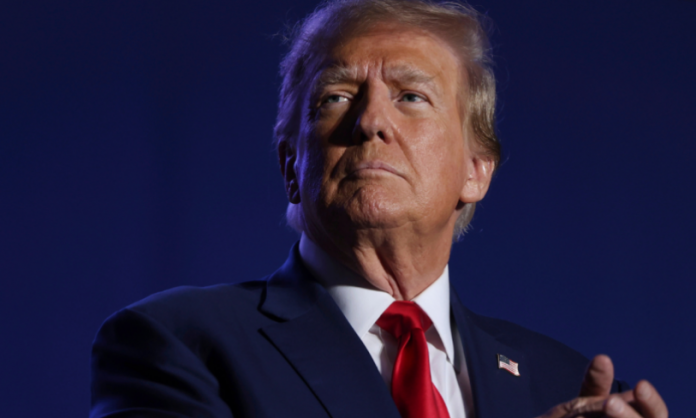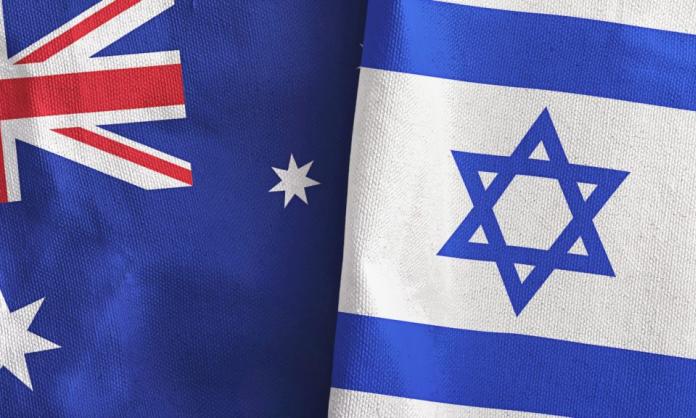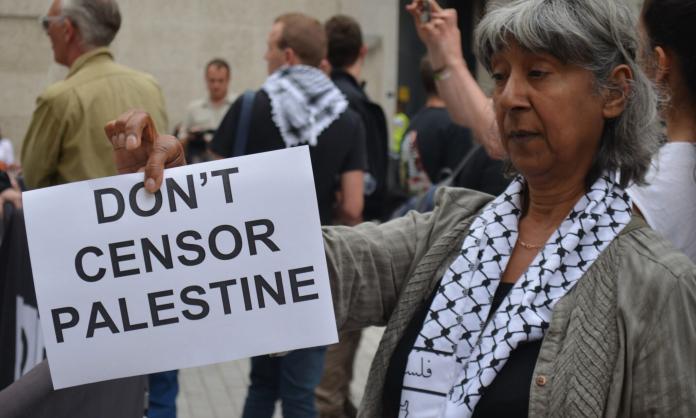Have you ever had the feeling that the government is not listening to you? Well, you’re wrong.
Do you have an account with Skype, Microsoft, Google, Hotmail, Yahoo or Apple? Do you ever call US mobile phones? If you answered yes to either of these questions, Big Brother is listening to you. In two major leaks in early June, we found out just how much they want to know what you have to say.
First came leaks about US telco Verizon handing over customer call data to the FBI. A previously secret court order was issued to Verizon, forcing it to spy on customers. The three-month order provides the FBI with the following details of every call made on Verizon’s networks in the US: who was called, the caller’s location at the time of the call, the length of the call, the serial number of the mobile phone used to make the call and the serial number of the SIM card.
Shocking as this gross violation of privacy is, it is only the tip of the iceberg.
We now have the revelations about PRISM – a National Security Agency (NSA) program to extract extensive data from major US tech companies. Photographs, private conversation logs, emails, video calls and search history are seemingly all available to US intelligence agencies.
Secret document
The massive secret operation was revealed after Edward Snowden, a 29-year-old systems analyst who until recently worked at the CIA, provided the Guardian with a classified 41-page document that details some of the NSA’s spying. According to Guardian journalist Glenn Greenwald, who broke the story: “The program facilitates extensive, in-depth surveillance on live communications and stored information. The law allows for the targeting of any customers of participating firms who live outside the US, or those Americans whose communications include people outside the US. It also opens the possibility of communications made entirely within the US being collected without warrants.”
According to the NSA, it doesn’t need a court order because it already has direct access to internet companies’ data.
US intelligence agencies spying on people is not new. But the extent of the NSA’s operations is extraordinary. The Bush administration had already massively expanded the spying aspect of the security agencies. The Patriot Act of 2001 severely curtailed civil liberties by introducing new powers and removing requirements to get court approval before installing a bug in someone’s telephone or office.
As well as expanding wiretaps, the Patriot Act introduced the extremely dictatorial National Security Letters, which gave the FBI, CIA and Department of Defense the right to demand information about people they were investigating from third parties (such as phone companies) and made it illegal for that third party to disclose the existence of such a letter. Because they could not be challenged in court, these provisions went too far even for the US Constitution, and were repealed in 2007.
Billions of intercepts
But Obama’s administration in effect reintroduced the National Security Letters in the form of secret court orders issued to phone carriers. But that wasn’t all. According to a report in the Washington Post in 2010, “Every day, collection systems at the National Security Agency intercept and store 1.7bn emails, phone calls and other types of communications”.
Now we know that the full extent of the state’s intrusion into people’s personal lives is well beyond even this outrageous level. We should be thankful that another brave whistleblower has come forward to expose this unchecked power of the state.
Snowden’s case in some respects resembles that of Bradley Manning. He joined the military in the hope of helping to liberate the people of Iraq from dictatorship. But, he told Greenwald, “Most of the people training us seemed pumped up about killing Arabs, not helping anyone”. Later, when working for the CIA, he had an epiphany: “I realised that I was part of something that was doing far more harm than good”.
When he saw what the NSA was doing, it was, he claims, the last straw: “I’m willing to sacrifice [my life] because I can’t in good conscience allow the US government to destroy privacy, internet freedom and basic liberties for people around the world with this massive surveillance machine they’re secretly building”.
Appreciating the danger he was putting himself in by leaking the document, Snowden relocated to Hong Kong before going public. His rationale was that from there he might have a fighting chance of avoiding extradition and persecution. Congressional House Intelligence Committee chair Mike Rogers and Democratic Senator Dianne Feinstein have called for the prosecution of the whistleblower. The Justice Department has started a criminal investigation.











